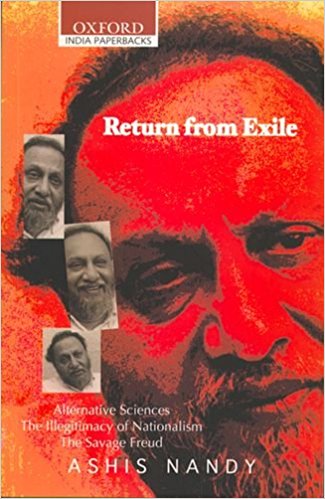The problem of scientists functioning in a non-rational culture, with consequences to their own personalities and to their work, is not a new one. Newton studied trigonometry and geometry to help him solve riddles of alchemy and astrology and Halley, the first secretary of the Royal Society, admiring a calico shirt imported from India, thought that it explained the reference in the New Testament to the Saviour’s seamless coat. The problem has since been eased in the West by the decline of credulous belief and superstition but it has not ceased to exist; and no doubt the scientists who’ are, for example, practising Roman Catholics either become schizophrenics or evade the contradictions by living in compartments. Everywhere the autonomy of science is a myth. But the dilemma is most acute in countries like India and Dr Nandy has examined it through two case-studies. He has gathered much new information and provides quite a few perceptive remarks, and it is worth persevering through this short but not easily read book, weighed down by a jargon which conceals rather than reveals insight and weakened by an irritating streak of facetiousness.
March-April 1981, volume 5, No 3/4

